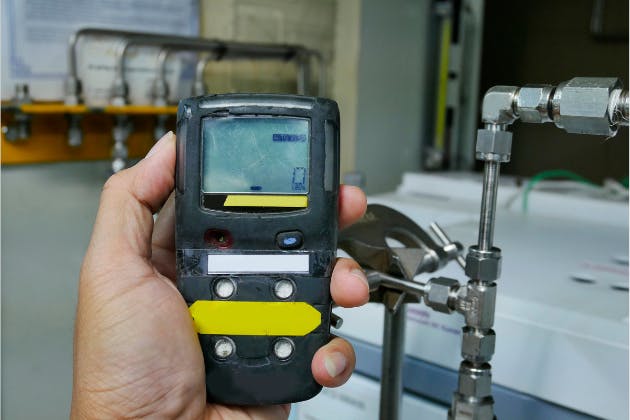Gas appliances play a vital role in heating and powering homes, but they must be installed and maintained correctly to prevent serious safety risks. From gas leaks to poor ventilation, this blog explores the most common gas appliance issues and explains how Gas Safe engineers identify, resolve, and prevent them, ensuring your home stays safe, efficient, and compliant.

How Gas Safe Engineers Keep Your Home and Appliances Safe
Improper Installation
DIY gas installations can be dangerous and even life-threatening. Improper fitting increases the risk of gas leaks, fires, or carbon monoxide exposure.
How Gas Safe Engineers Help:
- Follow manufacturer instructions precisely
- Conduct pressure tests and leak checks
- Ensure all fittings and connections are sealed
- Comply with all legal safety standards
Gas Leaks
Gas leaks are one of the most serious threats in any property. Warning signs include rotten egg smells, hissing sounds, or unexpectedly high gas bills.
How Engineers Respond:
- Use electronic gas detectors and bubble tests
- Isolate and shut off the gas supply
- Repair or replace faulty pipes and connectors
- Recommend system upgrades when needed
Poor Ventilation
Insufficient airflow can cause carbon monoxide build-up or poor appliance performance.
How Engineers Address It:
- Ensure clearances around appliances
- Unblock vents, flues, and hoods
- Recommend extra ventilation if needed
Incorrect Flame Colour
A yellow or flickering flame signals incomplete combustion, which can be hazardous.
Gas Safe Fix:
- Inspect and clean burners
- Adjust air-to-gas ratios
- Replace damaged components to restore proper combustion
Missed Maintenance
Lack of routine servicing shortens appliance lifespan and increases safety risks.
Engineer Maintenance Tasks:
- Annual inspections
- Cleaning burners, grates, and ignitors
- Checking moving parts and gas pressure
- Advising on day-to-day maintenance best practices
Unsafe Appliance Use
Using cookers or ovens for home heating is dangerous and should be avoided.
What Engineers Recommend:
- Safer, more efficient heating solutions
- Upgrades to existing heating systems
- Proper use and care guidelines for each appliance
Unsafe Storage and Placement
Storing flammable items near appliances can cause fire hazards.
Gas Safe Advice:
- Keep storage areas clear
- Relocate appliances if needed
- Recommend safety locks or barriers in homes with children
Professional Installation and Safety Checks
Gas Safe engineers ensure every installation meets UK safety standards. Their process includes:
- Precision pipework and pressure testing
- Adjusting settings for maximum performance
- Providing compliance certificates
- Post-installation safety checks
Ongoing Inspections and Repairs
When issues arise, engineers:
- Replace broken components like ignitors or thermocouples
- Inspect gas lines for wear or corrosion
- Repair or upgrade flues, valves, and safety devices
Safety Devices and Preventative Features
From flame failure devices to pressure regulators, engineers check every safety feature to ensure your system performs reliably and safely year-round.
FAQs
Need Gas Safe Expertise in Sheffield, Doncaster or Rotherham?
Whittaker Plumbing & Heating provides safe, certified repairs and maintenance for gas appliances across Sheffield, Doncaster and Rotherham. Whether you’ve noticed signs of a gas leak or need professional advice on appliance safety, we’re here to help. Call us on 07772222848 or fill out our contact form to book a visit with a qualified Gas Safe engineer.
